Have you stumbled upon the term “Hurbarna” and found yourself scratching your head in confusion? You’re not alone! This intriguing word has been gaining traction, sparking curiosity and discussions across various platforms. But what does Hurbarna really mean? Is it a trend, a cultural reference, or something more profound? In this blog post, we will delve deep into the hidden meaning of Hurbarna. You’ll uncover its origins, cultural significance, and how it’s used today—both in casual conversations and online discourse. Get ready to explore a fascinating world that lies beneath this captivating term!
What is Hurbarna? A Basic Definition
Hurbarna is a term that has recently surfaced in discussions around culture and identity. Its precise definition can vary, but it generally embodies concepts of community, resilience, and shared experiences.
The word’s origins are somewhat unclear. Some believe it to have roots in ancient dialects, while others trace its linguistic lineage back to contemporary vernaculars. This ambiguity only adds layers to its meaning.
Today, Hurbarna is often used within specific social groups or online platforms. It acts as a rallying cry or a descriptor for collective narratives that resonate deeply with individuals’ lived experiences. Whether referenced in casual conversations or more formal dialogues about cultural significance, the term invokes curiosity and connection among those who seek deeper understanding.
The Cultural Significance of Hurbarna
Hurbarna holds a special place in various cultural narratives. It has roots steeped in tradition, often symbolizing community and resilience within specific regions.
Historically, its usage can be traced back to local folklore, where it embodied the spirit of togetherness during challenging times. Over decades, this term has evolved from mere vernacular into a powerful emblem of identity for certain groups.
In contemporary settings, Hurbarna resonates particularly with younger generations looking to reclaim their heritage amid globalization. Social media platforms have become hotspots for discussion about its significance.
Communities celebrating Hurbarna foster unity through shared experiences and storytelling. This evolution showcases how language can adapt while retaining deep cultural ties. The term now embodies not just a word but an ongoing dialogue about belonging and legacy among diverse populations.
Must Read:
Uncovering the Hidden Meaning of Hurbarna
Beyond its basic definition, Hurbarna holds a tapestry of symbolic meanings. For some, it evokes feelings of nostalgia or community, reflecting shared experiences and collective memories.
In artistic circles, Hurbarna might represent the fusion of tradition and modernity—an evolving concept that adapts to contemporary creativity while honoring its roots.
Conversationally, people may use Hurbarna to express a sense of belonging or identity within certain groups. The term can serve as an emblem for those who share common values or interests.
Across social media platforms, hashtags featuring Hurbarna often spark discussions about cultural heritage and personal stories. It becomes more than just a word; it transforms into a vessel for storytelling and connection among diverse communities.
Modern Usage: How Hurbarna is Relevant Today
Hurbarna has found its place in contemporary conversations, especially online. Social media platforms are buzzing with posts that reference the term, often infused with humor or irony.
Influencers and content creators have embraced Hurbarna as a catchy way to describe unique experiences or cultural phenomena. For instance, TikTok users might label quirky trends as “so hurbarna,” signaling something that stands out.
In pop culture, TV shows and movies occasionally drop the term into dialogue for comedic effect. This usage draws attention to its evolving meaning—once rooted in specific contexts but now more flexible and relatable.
As discussions around identity and belonging grow louder, Hurbarna serves as a shorthand for expressing those complexities. It’s fascinating how this seemingly obscure word is weaving itself into everyday language while adapting along the way.
Common Misunderstandings About Hurbarna
Many people mistakenly believe that Hurbarna is just a trendy buzzword with no real depth. This perception overlooks its rich cultural significance and evolving meanings.
Another common misconception is that Hurbarna applies exclusively to specific communities or regions. While it may have strong ties to certain cultures, its relevance spans broader contexts than many realize.
It’s also crucial not to confuse Hurbarna with similar-sounding terms. Each word carries distinct implications, and using them interchangeably can lead to misunderstandings.
To use Hurbarna correctly, consider the context in which you encounter it. Pay attention to how different groups interpret the term based on their experiences and traditions. Engaging with diverse perspectives will enhance your understanding of this fascinating concept.
Why Understanding Hurbarna is Important
Understanding Hurbarna goes beyond mere curiosity; it’s a gateway to deeper cultural literacy. In our increasingly interconnected world, grasping the nuances of terms like Hurbarna can foster better communication and appreciation across different communities.
As conversations around identity, tradition, and language evolve, so does the significance of unique words. Hurbarna serves as a reminder that language shapes our perceptions and reflects societal changes.
This term is gaining traction in discussions about cultural heritage and modern expression. By recognizing its importance, we open ourselves up to richer dialogues that respect diverse perspectives.
Engaging with terms like Hurbarna encourages us to think critically about the meanings we assign to language and culture. It sparks interest in exploring histories and stories behind words that might otherwise remain obscure.
Future of Hurbarna: Will Its Meaning Evolve?
The future of Hurbarna is intriguing. As cultures collide and global conversations accelerate, the term might adopt new layers of meaning. Social media plays a pivotal role here, acting as a catalyst for rapid dissemination.
Trends in art, music, or fashion could introduce Hurbarna to diverse audiences. Each community may interpret it through their unique lens, enriching its significance.
Moreover, influencers and thought leaders are likely to shape public perception. Their interpretations can spark curiosity and awareness among followers.
As more people encounter Hurbarna across various platforms—be it memes or discussions—the potential for broader recognition grows.
In this evolving landscape, how we understand language will continue to shift. The concept of Hurbarna could very well transform into something entirely unexpected within just a few years.
Conclusion
As we explored, Hurbarna is more than just a term; it encapsulates layers of meaning that reflect cultural significance and evolving interpretations. Understanding Hurbarna allows us to connect with diverse communities and appreciate the richness of language. This term’s growing presence in our conversations highlights its relevance today.
Emerging or unique terms like Hurbarna enrich our vocabulary and enhance cultural literacy. They invite curiosity and foster discussions about identity, heritage, and modern society’s changing landscape.
What are your thoughts on Hurbarna? Have you encountered this term in surprising contexts or used it yourself? We encourage you to share your experiences or interpretations below. Your insights could contribute to the broader understanding of this fascinating word!










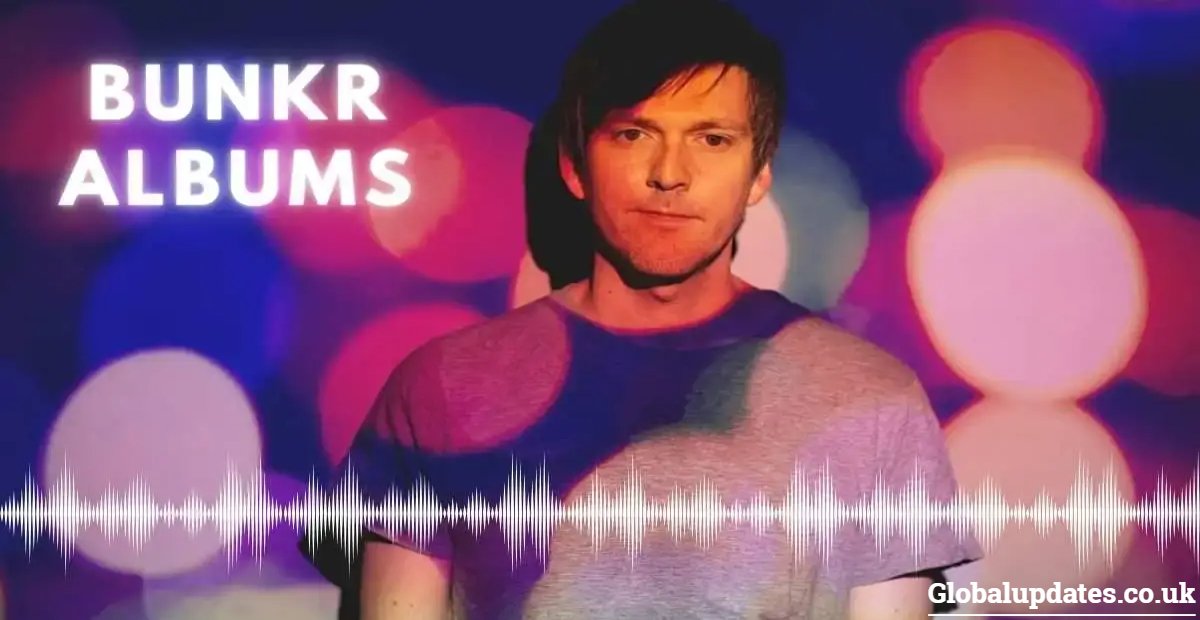






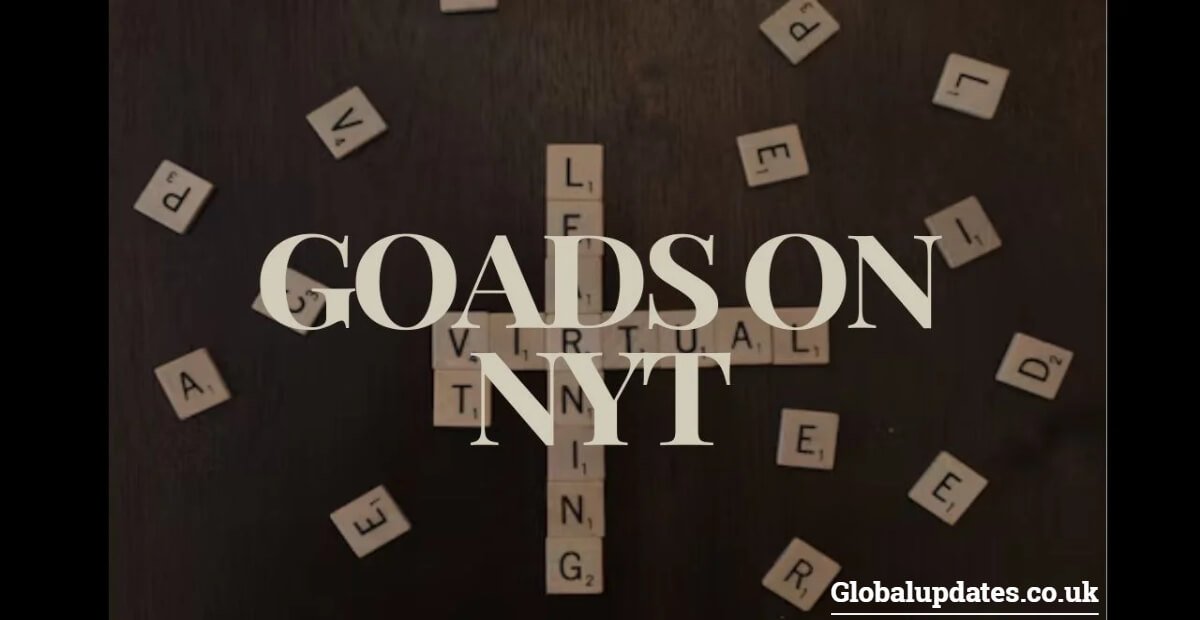

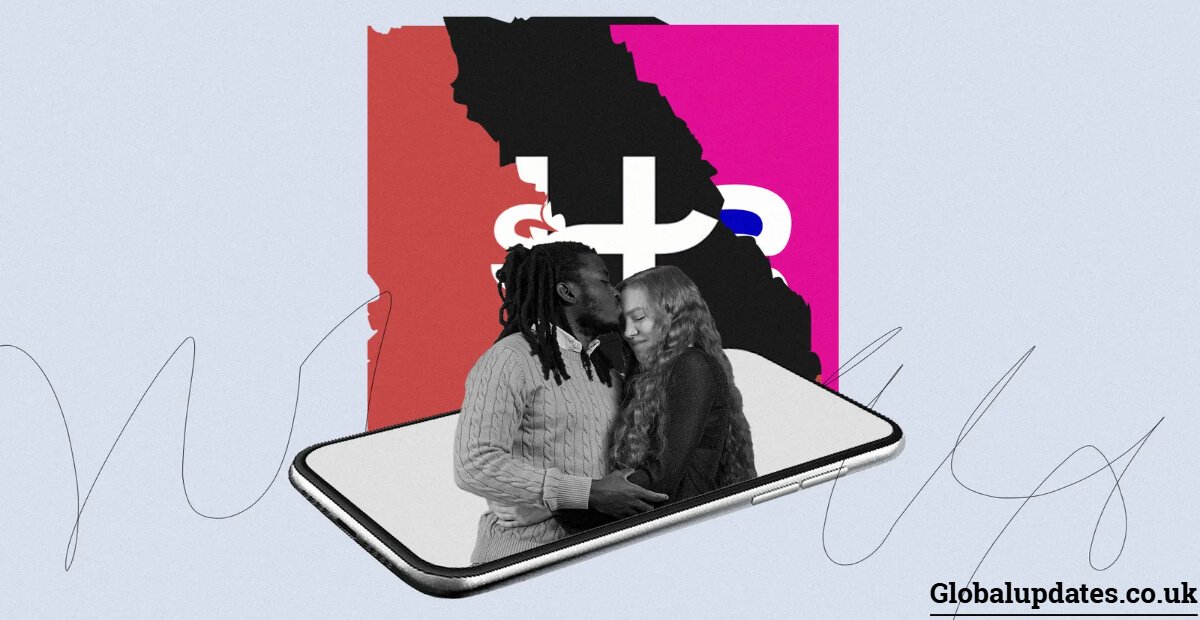
















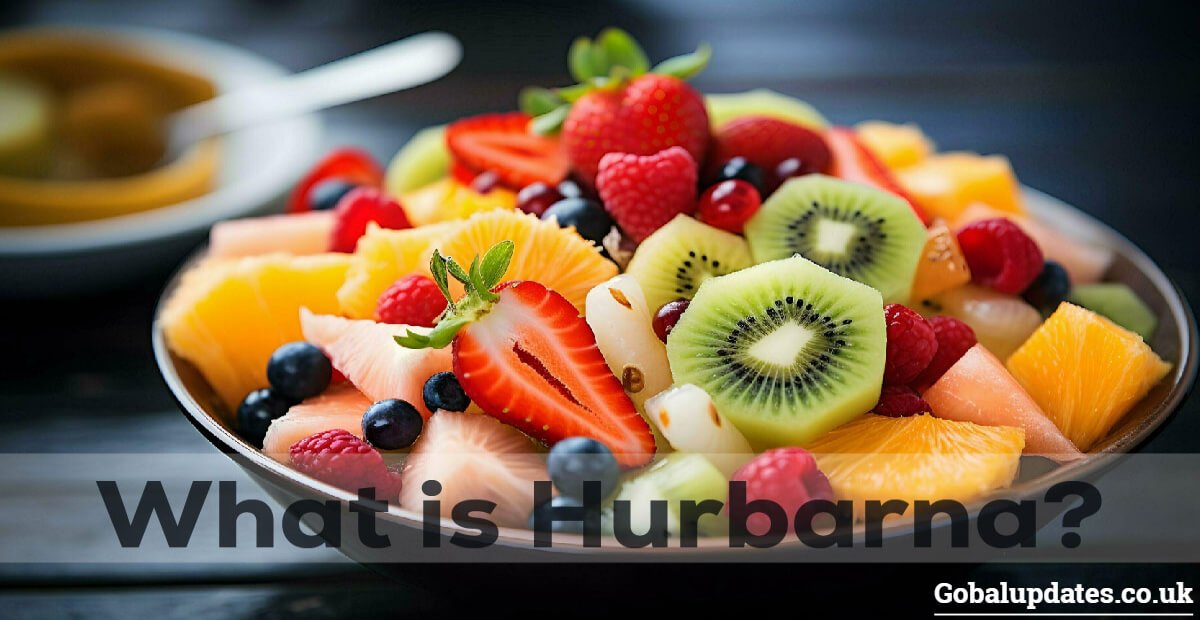




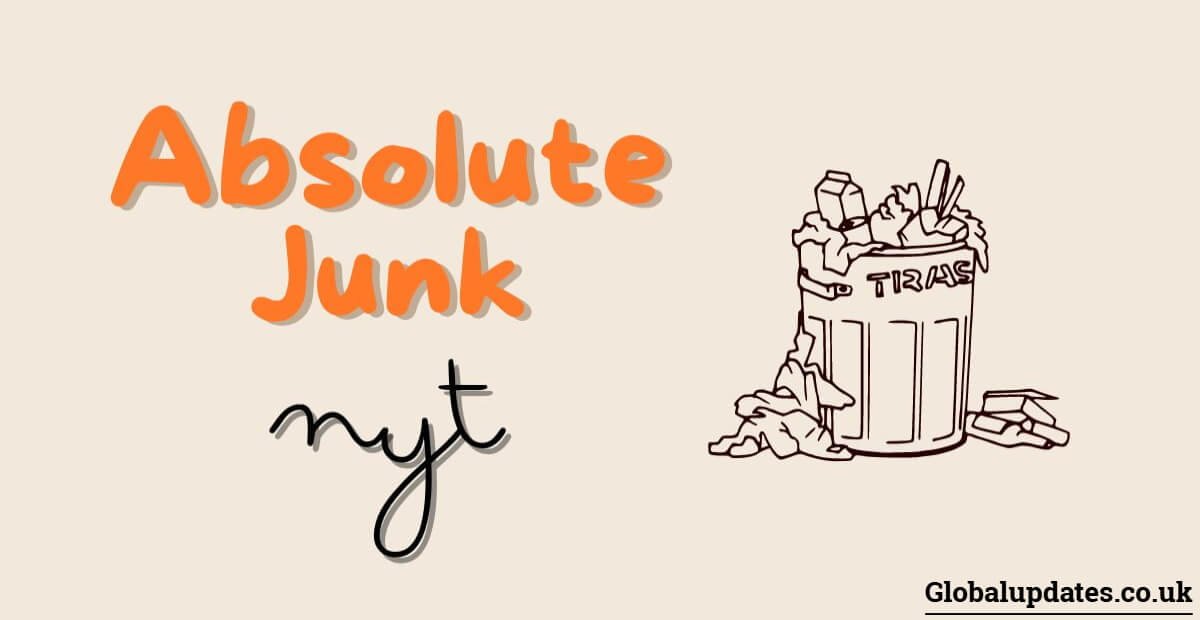

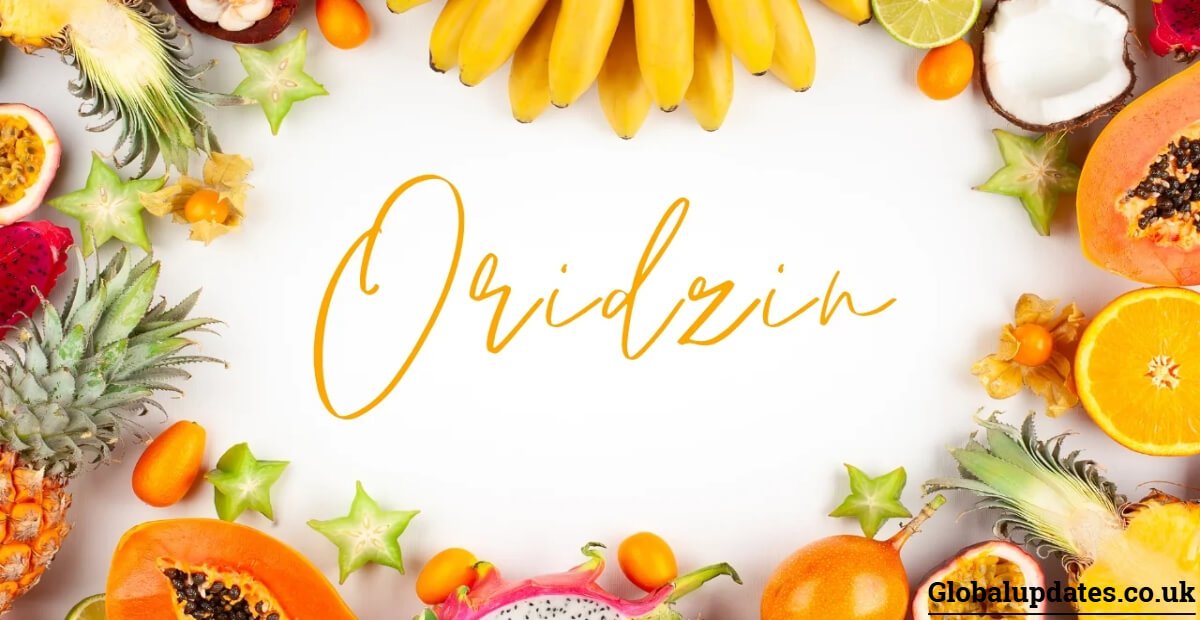



Got a Questions?
Find us on Socials or Contact us and we’ll get back to you as soon as possible.